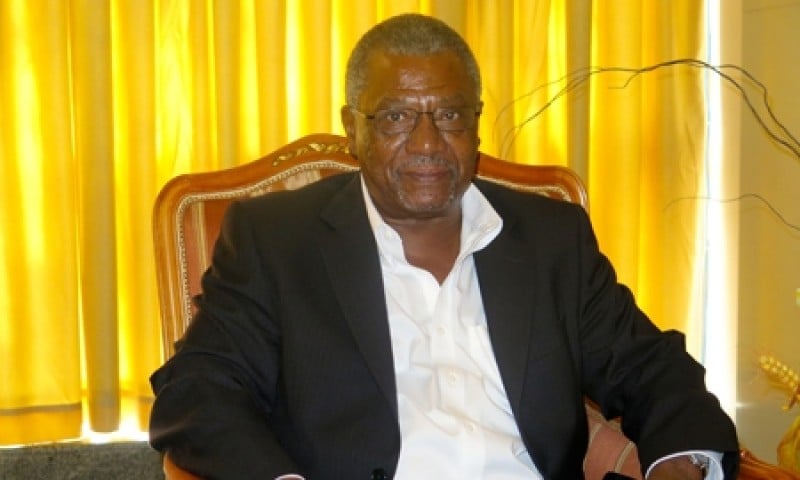Cadman Atta Mills, brother of the late President John Evans Atta Mills, has emerged as a prominent critic of the National Democratic Congress (NDC), the political party to which he and his late brother belonged. His recent pronouncements have sparked debate about the nature of party loyalty and the role of dissent within political organizations. Mr. Mills argues that true loyalty lies not in blind obedience but in honest and constructive criticism, even when it challenges the party line. He contends that suppressing internal dissent ultimately weakens a party by stifling debate and hindering the development of sound policies. His outspokenness challenges the conventional notion that party members, particularly those considered elders, should refrain from publicly criticizing their own party.
Mr. Mills’s critique centers on the NDC government’s handling of illegal mining, commonly known as galamsey. He has vehemently condemned the practice, citing its devastating impact on the environment and public health. He argues that any short-term economic gains achieved through galamsey are ultimately outweighed by the long-term consequences of environmental degradation and the health risks posed by its destructive processes. This stance puts him at odds with some within the NDC who may prioritize economic benefits over environmental concerns. His unwavering condemnation of galamsey underscores his commitment to environmental protection and public health, even if it means challenging his own political party.
Furthermore, Mr. Mills has directly challenged the NDC’s economic policies, particularly regarding the cedi’s recovery. While acknowledging the government’s efforts to stabilize the currency, he expresses concern about the potential hidden costs of these policies. He argues that focusing solely on economic indicators like currency valuation overlooks other crucial aspects of national well-being, such as environmental health and public safety. This holistic approach to policy analysis highlights his concern for the broader implications of government decisions, beyond purely economic considerations. He is essentially arguing that true progress cannot be measured solely by economic growth but must also account for environmental sustainability and public health.
Mr. Mills has also taken issue with his perceived role within the NDC. He rejects the label of “party elder,” a designation often associated with a more passive and advisory role, preferring to identify simply as a “party member.” He criticizes the concept of a “Council of Elders” within the party, suggesting that it serves to silence dissenting voices and enforce conformity. By distancing himself from this established hierarchy, he asserts his independence and right to express his views freely, regardless of his seniority within the party. This reinforces his commitment to open dialogue and his belief that all party members, regardless of their position, should be able to voice their concerns without fear of reprisal.
In defending his right to criticize the NDC, Mr. Mills argues that political parties should not be monolithic entities where dissent is stifled. He emphasizes the importance of internal debate and diverse perspectives in shaping effective policies. He contends that by voicing his criticisms, he is not being disloyal but rather fulfilling his duty as a concerned citizen and party member. He believes that constructive criticism can strengthen the party by forcing it to confront its shortcomings and refine its policies. This view challenges the traditional notion of party loyalty, framing it not as unquestioning obedience but as a commitment to the party’s long-term success through honest appraisal and internal debate.
In essence, Cadman Atta Mills’s public critiques of the NDC represent a broader challenge to the dynamics of political parties and the nature of loyalty within them. He advocates for a more open and democratic internal culture where dissent is not only tolerated but actively encouraged as a means of strengthening the party and improving its policies. He believes that true loyalty lies not in silent acquiescence but in actively engaging in constructive criticism, even when it is directed at one’s own political party. His unwavering commitment to speaking out against policies he deems harmful, regardless of the political consequences, sets an example for others who may be hesitant to challenge the status quo within their own political organizations.














